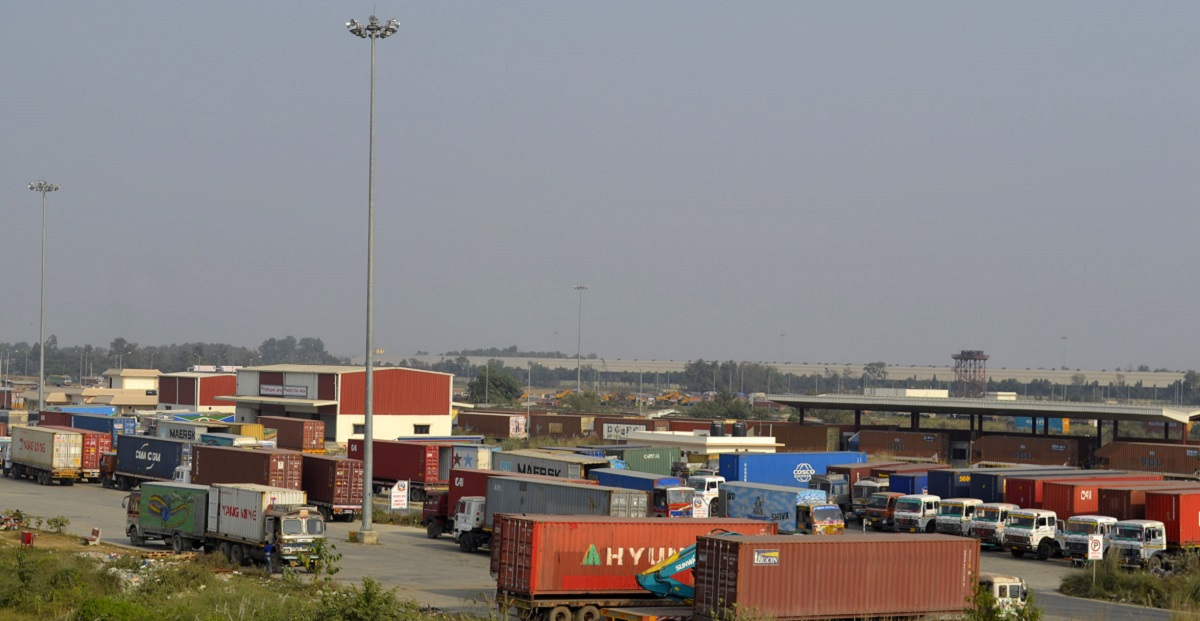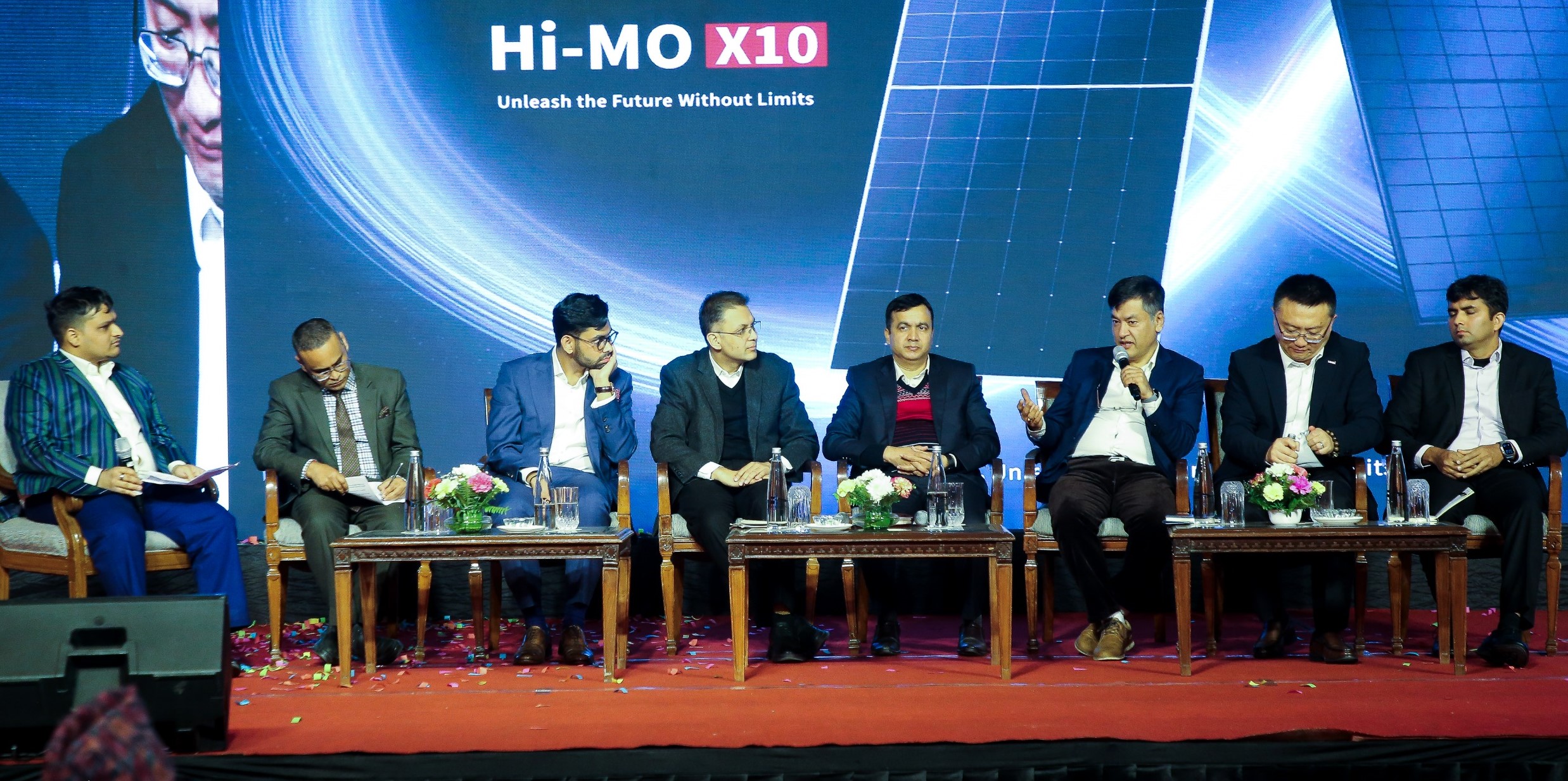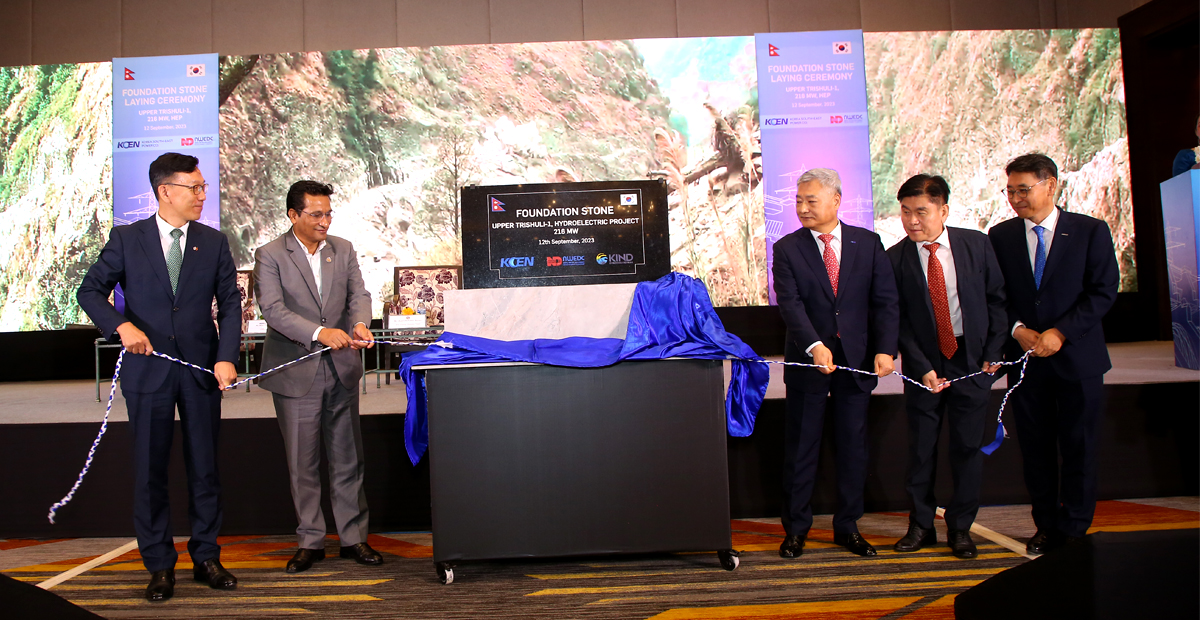Energy Update
Customs Woes: Over 100 Hydropower Containers of Equipment Stuck in Biratnagar

Kathmandu; Integrated Customs Checkpoint, Biratnagar, has become the epicenter of frustration for at least nine companies as over 100 containers of hydro mechanical and electro mechanical equipment remain stuck for the past week. As mentioned by Ganesh Karki, Chairman of the Independent Power Producers Association of Nepal (IPPAN), the imported equipment, sourced from countries such as India and China, has been detained without clearance.
The issue stems from a discrepancy in customs clearance provisions concerning equipment for hydropower projects and related contractors. While the Department of Electricity Development (DOED) typically issues letters specifying project names, this time, the lack of project identification has halted the customs process. Karki expressed concerns over the government's commitment to achieving the ambitious target of 28,500 MW electricity production, citing this bureaucratic hurdle as indicative of systemic inefficiencies.

Efforts to resolve the impasse have been initiated, with appeals made to the Ministry of Finance (MOF) and the Ministry of Energy, Water Resources and Irrigation (MEWRI) for expedited customs clearance. However, the Chief Customs Officer at Biratnagar Customs Office maintains that any consignment accompanied by proper documentation and project identification will not face delays. He emphasized the necessity of compliance with regulatory requirements, urging affected parties to furnish the requisite recommendation letters from the DOED.
Among the affected companies are Aarati Power Company, Super Hewa, Sanvi Energy, Mewa Developers, and L.C. Energy Limited. Krishna Pokharel, a customs agent, disclosed that out of Aarati Power's 94 containers, 20 have already been detained, while eight containers from other companies face similar fate. The influx of halted containers exacerbates the situation, signaling a growing concern for the IPP's.

The predicament underscores a broader challenge of governmental coordination, with stakeholders lamenting the lack of synergy between different bodies. As private sector energy producers grapple with bureaucratic obstacles, doubts loom over the feasibility of achieving Nepal's energy generation targets within the stipulated timeframe.
Amidst mounting frustrations, stakeholders call for urgent measures to streamline customs procedures and foster greater inter-agency collaboration. Failure to address these systemic issues threatens to impede Nepal's energy sector aspirations, jeopardizing its long-term sustainability and economic growth trajectory.
Conversation
- Info. Dept. Reg. No. : 254/073/74
- Telephone : +977-1-5321303
- Email : [email protected]














.jpg)